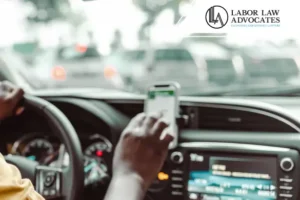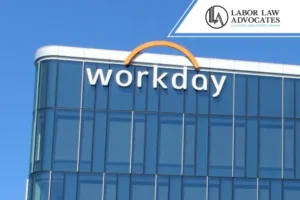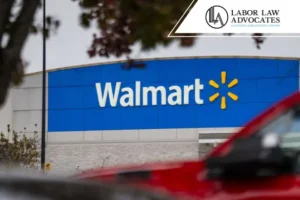New York – Uber and Lyft have jointly agreed to pay a total of $328 million to settle complaints related to the improper charging of taxes and fees to their drivers in New York, announced the state attorney general, Letitia James.
In addition to resolving the complaints, the ride-sharing companies have agreed to establish a minimum wage and provide paid sick leave to drivers statewide. Uber is expected to pay $290 million, while Lyft will pay $38 million.
The money from this Uber and Lyft settlement will be distributed among current and former drivers, as stated by James. Additionally, it has been agreed that drivers outside New York City will receive paid sick leave and a minimum wage of $26 per hour.
Letitia James stated in a release, “Rideshare drivers work tirelessly to get people to their destinations. For years, Uber and Lyft have systematically deceived their drivers, depriving them of hundreds of millions of dollars in wages and benefits while they faced long hours of work in challenging conditions.”
In a separate announcement, New York Governor Kathy Hochul has informed that Uber has agreed to make quarterly payments to the state’s unemployment fund and will also cover retroactive fees dating back to 2013. The fund provides benefits to unemployed workers. According to the governor’s office, state and federal laws prevent the disclosure of the exact amount Uber will contribute to the fund.
With the growing popularity of Uber and Lyft in New York, these companies have had to face stricter labor regulations. Although drivers are considered independent contractors with flexible hours, the implementation of a minimum wage for app-based drivers in New York City has been a crucial step.
Additionally, a minimum wage has been established for food delivery services through apps like Uber Eats.
Bhairavi Desai, leader of the New York Taxi Workers Alliance, which filed the initial complaints of wage theft by Uber and Lyft, stated, “We have waited eight long years to see justice for our members, a workforce whose better living conditions, timely meals, and breaks, and leisure were all taken away due to the profits that would have provided that life, which was siphoned off by multibillion-dollar corporations.”
Tony West, Uber’s Chief Legal Officer, mentioned that the settlement “helps resolve the classification issue in New York and moves us forward with a model that reflects how people are increasingly choosing to work.”
Jeremy Bird, Lyft’s Policy Director, stated in a release, “This is a win for drivers, and we are proud to have achieved it with the New York Attorney General’s Office.”
In California, a court ruled this year that transportation and delivery companies like Uber and Lyft can continue treating their drivers as independent contractors, meaning they are not entitled to benefits such as paid sick leave and unemployment insurance.
However, if as independent contractors, drivers face unfair charges or negligent practices from the ride-sharing apps they belong to, they can seek justice and file a claim.
If you or someone you know is facing labor violations in California, please contact Labor Law Advocates for the best guidance and legal expertise you need. Call us anytime for a free consultation.




